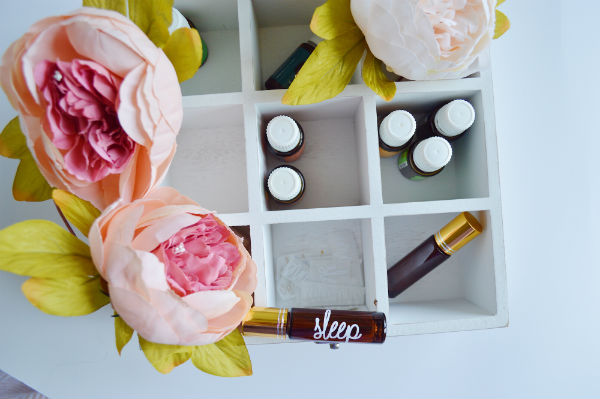Health and wellness trends are a little like the new kid at school. It’s impossible to actually get to know them if you only listen to the rumors. While some trendy supplements get a “health halo” of good rumors, others get the bad. There are plenty of negative myths that just won’t die about marijuana. Its cousin enjoys a gentler treatment, but that doesn’t mean there isn’t a CBD myth or two.
“Perhaps the biggest misconception about CBD is that it is a miracle compound that will work for everyone,” Eileen Konieczny, RD and Lauren Wilson, co-authors of the newly released book Healing with CBD: How Cannabidiol Can Transform Your Health without the High, exclusively told Dirt. Before you freak out and do something rash like toss your CBD products, hear them out.
But it’s also not all or nothing
Yes, your CBD topicals and capsules have health benefits. They’re just not cure-alls. We don’t want to cause another CBD myth about how it doesn’t work to form. “CBD has many possible medicinal applications, that is very true, because of the complex and varied ways it works in our bodies,” they clarify. “But like any medicinal compound CBD has its limits, and in fact we are still in the early days of research on all the ways in which CBD interacts with our brains and bodies.”
CBD is confirmed to help a number of conditions through research. Lucky for us, that number keeps growing. There’s a staggering amount of work done on CBD and pediatric epilepsy. Hopefully soon the clinical trials will mount for many more conditions. You’ll find detailed explanations about how cannabidiol helps 27 conditions in Healing with CBD if you want more details.
Why this CBD myth is dangerous
“Using CBD is an extremely personal and individual experience,” Konieczny and Wilson add. “CBD might work for your anxiety, but it might not for your best friend’s.” Blindly believing this compound can help with everything can be dangerous for your wallet and health. CBD might help your anxiety. But until you know it does, you shouldn’t close the door on other treatment options a psychiatrist can offer. Assuming CBD will work for you means you’ve already ruled out a holistic approach that includes several treatments.

There are also thousands of CBD products on the market now. Believing it’s a cure-all also makes you more likely to drop more dough on these products. And doing so before you know if it works for you is a gamble. Do your health and your savings account a favor by starting with a small product.
Have an open mind when it comes to CBD
Again, while this CBD myth is false, it’s also not all or nothing. We’re still learning about CBD and all it can do in the body. While CBD might not work for your anxiety, Konieczny and Wilson point out, it might work for you in other ways. So, while you shouldn’t clear out a store of cannabidiol products, you should give it some time and testing in your regimen.
“Perhaps what’s needed is a different dose,” they suggest. “Or using a cannabis-based medicine rather than a hemp-based medicine (or vice versa!). Or, perhaps capsules will work better for you than a tincture.” So what can you do if you have anxiety and hope CBD will work for you? First, start with a CBD product that sounds appealing to you. You’ll need to take it every day. Start with the suggested first dose from the company, and stick with it for a couple weeks while you track how you feel. But at the same time, don’t give up other methods and products for anxiety management.
“So you see, CBD’s efficacy can vary by person, dose, source, delivery method and condition. Consequently, each treatment regimen is individual and unique to each person,” Konieczny and Wilson summarize. Just make sure you have a quality supplement and stick with it. (We like these CBD companies that teach their customers about cannabidiol.) It’s worth the experimentation to actually get to know CBD and how it interacts specifically with your body.
